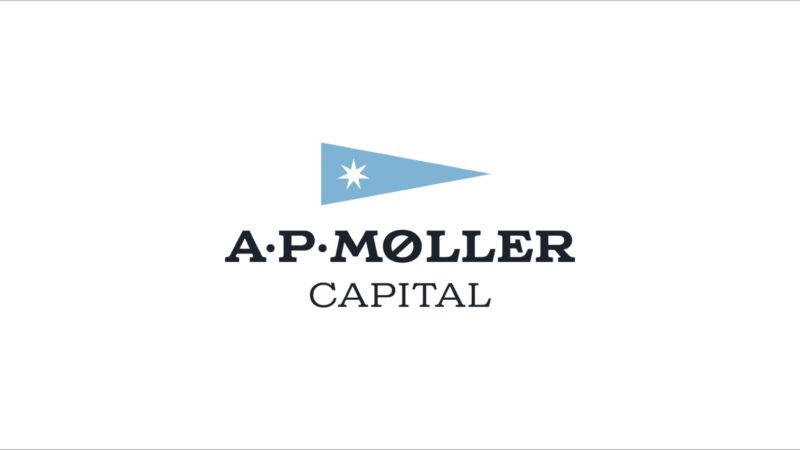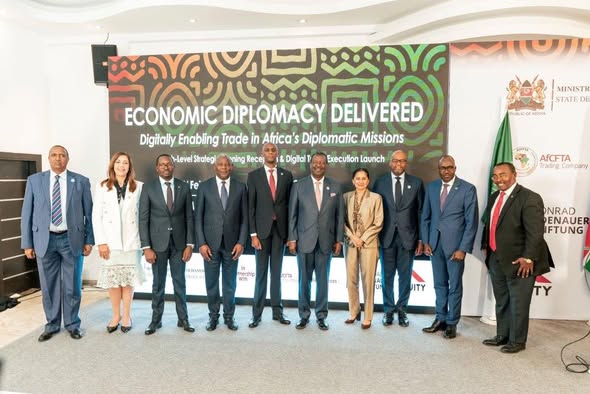SAPICS 2023 WILL TACKLE GLOBAL HEALTH SUPPLY CHAIN CHALLENGES

Global health supply chain challenges are among the issues topping the agenda at the annual SAPICS Conference, which takes place next month.
Representatives from global and African non-profit organisations, health initiatives, private sector and development agencies are among the hundreds of supply chain practitioners from around the world who will gather in Cape Town from 11th to 14th June 2023 for Africa’s leading event for the profession. “We are proud to have an incredible line-up of speakers, sponsors and organisations from the health supply chain sphere joining us this year to share knowledge, learn and network,” says SAPICS president MJ Schoemaker.
These include the Bill and Melinda Gates Foundation, Kasha, USAID, Imperial, The Global Fund for AIDS, TB and Malaria, MedSource, VillageReach, Johnson & Johnson, People that Deliver (PtD), Kiara Health, Management Sciences for Health (MSH), the South African Medical Research Council, Pamela Steele Associates, the Africa Resource Centre (ARC), the Interagency Supply Chain Group, International Finance Corporation, UNITAID, Health 4 Development, JSI and Chemonics, as well as representatives from several Ministries of Health in Africa.
Now in its 45th successful year, the 2023 SAPICS Conference will bring together leaders and practitioners from across global health to leverage the extensive experience, insights and knowledge from the SAPICS network, to jointly tackle important global health supply chain issues. “Partnerships and collaborations are critical to building resilient health supply chains and SAPICS is a perfect platform for these discussions,” Schoemaker states.
The global health supply chain sessions at SAPICS 2023 include presentations, workshops and panel discussions that tackle a range of important topics including traceability, drones, private sector engagement, financing, market shaping, supply chain professionalisation and the practical use of artificial intelligence, among others.
Innovative financing can strengthen health supply chains through diversification, private sector investment and facilitating risk sharing. However, barriers still exist. Overcoming these barriers requires coordinated efforts that support innovation. There are many examples of supply chain innovators who have tackled elements of supply chain challenges, but they face issues in accessing capital at various stages. Accessing development grants is also difficult for many organisations if they are not already part of the ecosystem. These issues will be tackled in a panel of public, private and development sector experts who will discuss examples of innovative financing and explore the different barriers and how they could be overcome. This panel discussion will be moderated by Dr Iain Barton, founder of Health 4 Development, South Africa.
How the implementation of National Health Insurance will change the supply chain roles of the public and private Sectors will be examined in a powerful panel discussion moderated by Edward Llewellyn, Southern Africa regional director of ARC, South Africa.
How to professionalise the health supply chain workforce is the question that PtD’s executive manager Dominique Zwinkels will be looking to answer at SAPICS 2023. She will join a panel moderated by MSH’s Dr Andrew Brown, which will feature Rebecca Alban and Dauda Majanbu from VillageReach, and Azuka Okeke from ARC. This discussion will centre on the supply chain workforce and the main pillars to institutionalise supply chain management as a profession in the public and private sectors.
A SAPICS Conference workshop focused on building resilient health supply chains through private sector engagement will offer strategies to leverage the private sector’s financial resources, technical expertise and innovative solutions.
Schoemaker says that SAPICS is excited about the diversity of voices at this year’s conference: “This year we’re bringing the public and private sectors together like never before. We are hoping that the panel discussions, presentations, workshops and networking opportunities will help hundreds of attendees to learn from one another and lead to collaborations that will benefit the supply chain workforce, health systems and ultimately populations on the African continent.”
The 2023 SAPICS Conference features an exciting collaboration between SAPICS and the South African Association of Freight Forwarders (SAAFF), which will co-host the event. For further information, or to register for the 2023 SAPICS Conference, call the Conference Secretariat at Upavon Management on 011 023 6701 or email info@upavon.co.za. Up-to the-minute information is also posted on the SAPICS conference website: https://conference.sapics.org/
ABOUT SAPICS: http://www.sapics.org
SAPICS’s mission is to elevate, educate and empower the community of supply chain professionals across Africa.
Since its foundation in 1966, SAPICS, The Professional Body for Supply Chain Management, has become the leading provider of knowledge in supply chain management, production and operations in Southern Africa. SAPICS builds operations management excellence in individuals and enterprises through superior education and training, internationally recognised certifications, comprehensive resources and a country-wide community of accomplished industry professionals. This community is ever expanding and now includes a multitude of associates in other African countries as well as around the globe. SAPICS is proud to represent the Association for Supply Chain Management (ASCM) as its exclusive premier channel partner in Sub-Saharan Africa.
The annual SAPICS Conference is the leading event in Africa for supply chain professionals. The 2023 SAPICS Conference takes place from 11 to 14 June 2023 at Century City Conference Centre, Cape Town, South Africa.
ABOUT SAAFF: https://saaff.org.za/
The South African Association of Freight Forwarders (SAAFF) was established in 1921. For more than a century, SAAFF has played an essential role in freight forwarding and international trade, with members facilitating these activities through their dedicated involvement in the management of transportation, customs clearing, documentation, third-party payments, and many other elements of the international supply chain.





